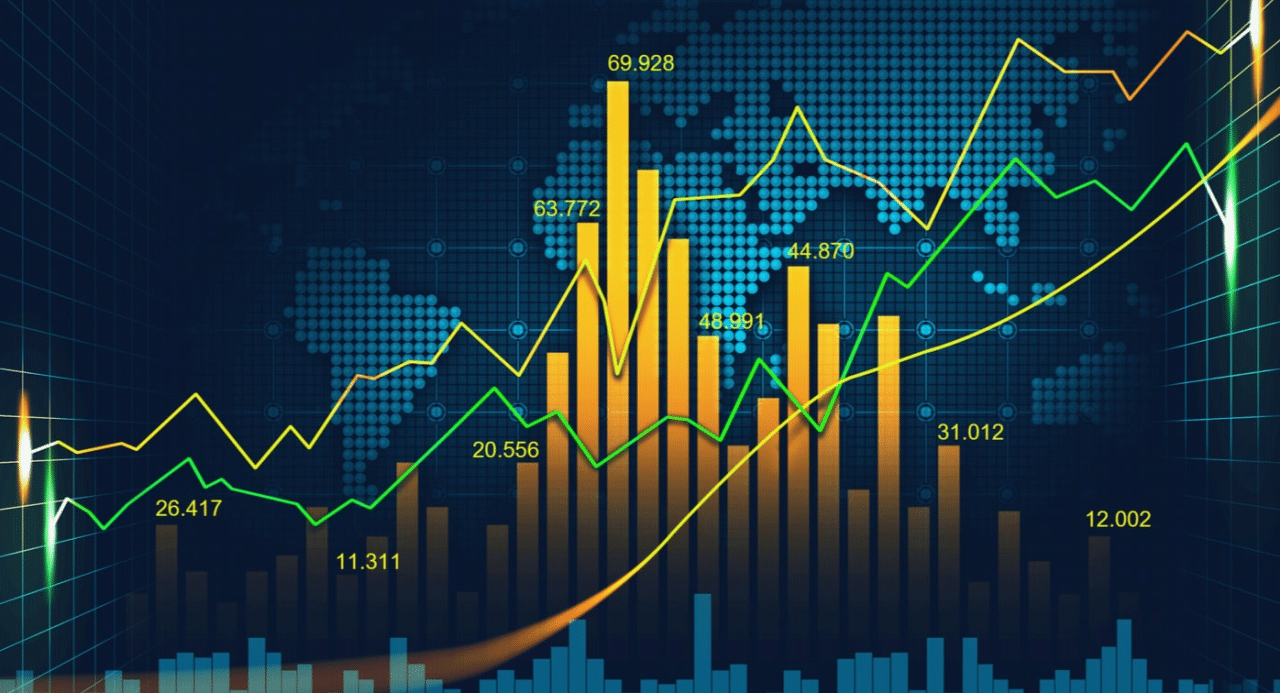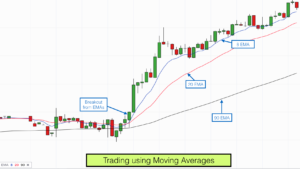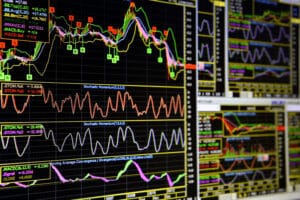For anyone involved in the foreign exchange market (forex), understanding the factors that influence currency exchange rates is crucial. This dynamic and ever-changing landscape can be daunting for newcomers, but with a firm grasp of the key drivers behind exchange rate fluctuations, traders can make informed decisions and navigate the market successfully.
Economic Fundamentals
- Inflation: Inflation refers to the sustained increase in the price of goods and services over time. A country with low inflation compared to its trading partners will see its currency appreciate, as its purchasing power remains relatively higher. Conversely, high inflation weakens a currency, making imports more expensive and eroding its value.
- Interest Rates: Interest rates play a significant role in attracting foreign investment. Higher interest rates incentivize investors to hold the currency, leading to appreciation. Conversely, lower interest rates can depreciate the currency as investors look for better returns elsewhere. Central banks use interest rate adjustments as a key tool to manage exchange rates and influence the economy.
- Current Account Balance: The current account balance represents the net difference between a country’s exports and imports. A surplus indicates that the country is generating more foreign currency than it spends, leading to currency appreciation. Conversely, a deficit suggests a reliance on foreign borrowing, potentially depreciating the currency.
Market Sentiment
- Political Stability: Political instability and uncertainty can deter foreign investment and weaken a currency. Conversely, a stable political environment fosters confidence and attracts investments, potentially strengthening the currency.
- Economic Growth: A strong and growing economy attracts foreign investment, leading to currency appreciation. Conversely, a weak or stagnant economy can trigger capital flight and depreciation of the currency.
- Speculative Activity: Speculative trading can significantly impact exchange rates in the short term. Large-scale speculation on a particular currency can drive its price up or down, regardless of fundamental factors.
Global Events
- Central Bank Interventions: Central banks can intervene in the market by buying or selling their currency to influence exchange rates. Such interventions can be used to stabilize the currency, prevent excessive volatility, or achieve specific policy objectives.
- Geopolitical Events: Major geopolitical events, such as wars, natural disasters, or trade disputes, can significantly impact exchange rates by influencing global economic sentiment and investment decisions.
- Technological Advancements: Technological advancements can facilitate and accelerate foreign exchange trading, impacting market liquidity and volatility.
Additional Factors
- Terms of Trade: This refers to the relative price of a country’s exports compared to its imports. A favorable terms of trade can boost a country’s export earnings and strengthen its currency. Conversely, an unfavorable terms of trade can weaken the currency.
- Public Debt: A high level of public debt can raise concerns about a country’s solvency and stability, potentially leading to currency depreciation.
- Market Liquidity: The availability of buyers and sellers in the market influences exchange rate volatility. A high degree of liquidity leads to smoother trading and lower volatility, while low liquidity can exacerbate price swings.
Understanding the Interplay of Factors
It is important to remember that these factors are interconnected and can influence each other. For example, a change in interest rates can impact inflation, which in turn influences the current account balance and ultimately affects the exchange rate.
By analyzing and monitoring these various factors, forex traders can gain valuable insights into future market movements and make informed decisions about their trading strategies. However, it’s crucial to acknowledge that predicting precise exchange rate movements is challenging, as unforeseen events and market sentiment can cause sudden fluctuations.
In the dynamic world of forex trading, understanding the key factors influencing currency exchange rates is essential for success. By analyzing economic fundamentals, market sentiment, global events, and additional factors, traders can develop a comprehensive understanding of market forces and make informed trading decisions. While forecasting future exchange rates with absolute certainty remains impossible, a thorough understanding of these key drivers can significantly enhance your ability to navigate the market’s complexities and increase your chances of success in the ever-evolving world of forex trading.
Let’s Manage Your Forex Funds With Fx Pips Guru!
Fx Pips Guru is a forex fund management company managing client’s funds based on monthly profit share. Let’s do Live Chat with our experts.




